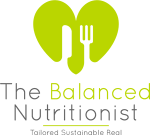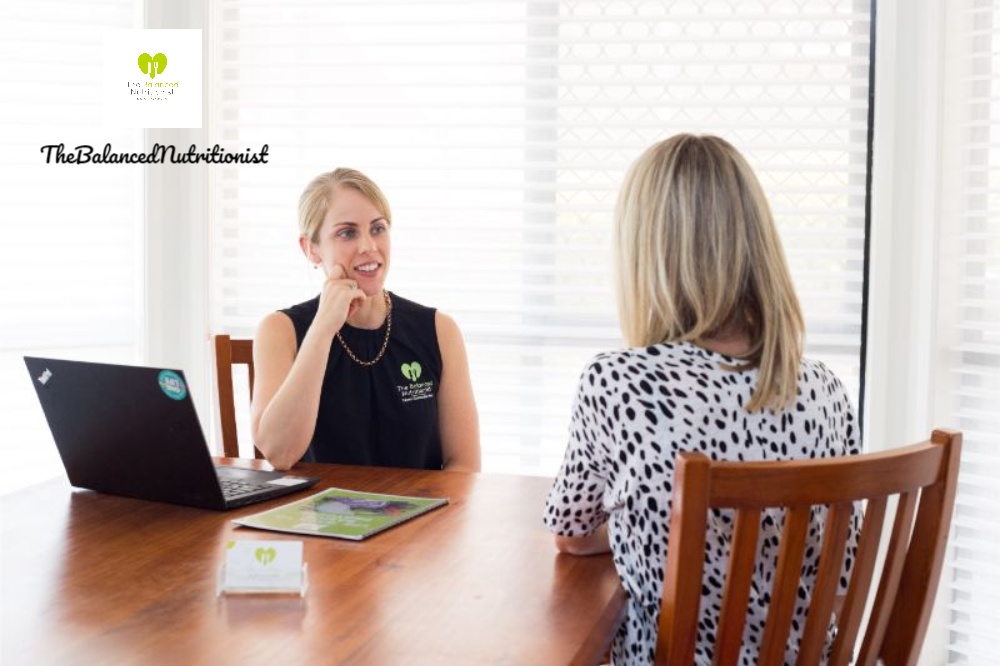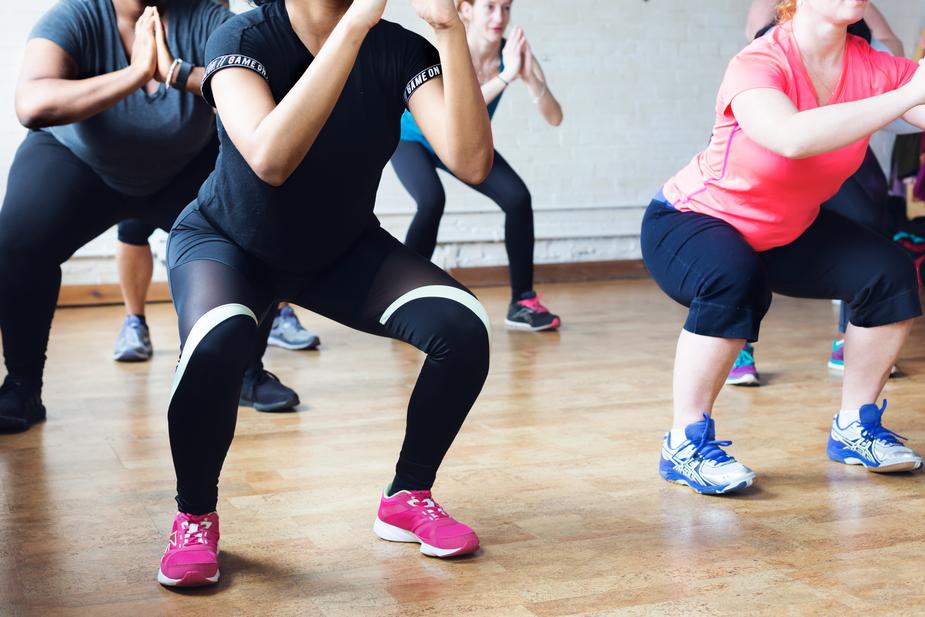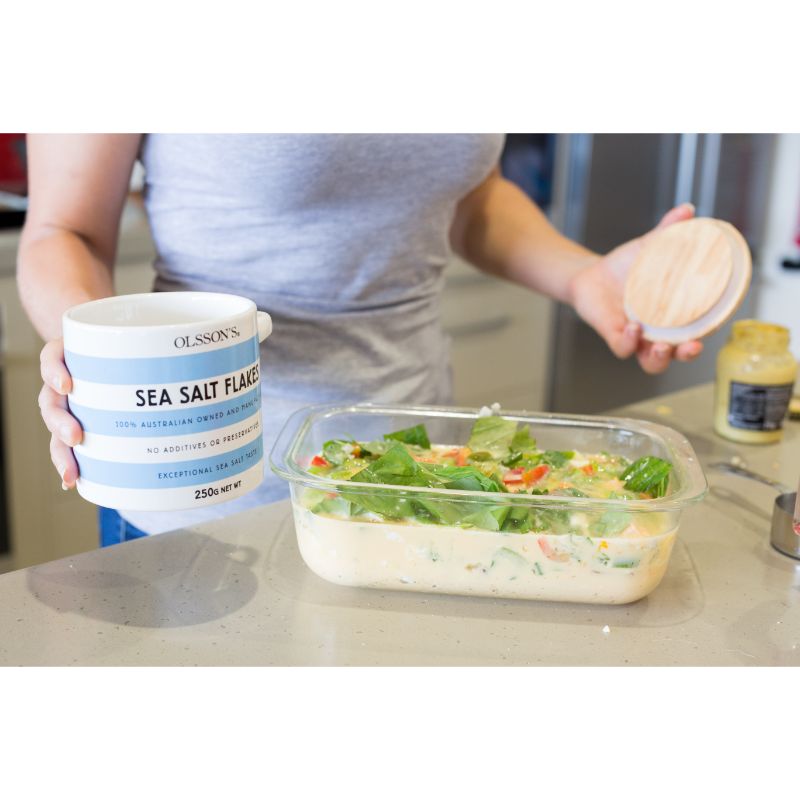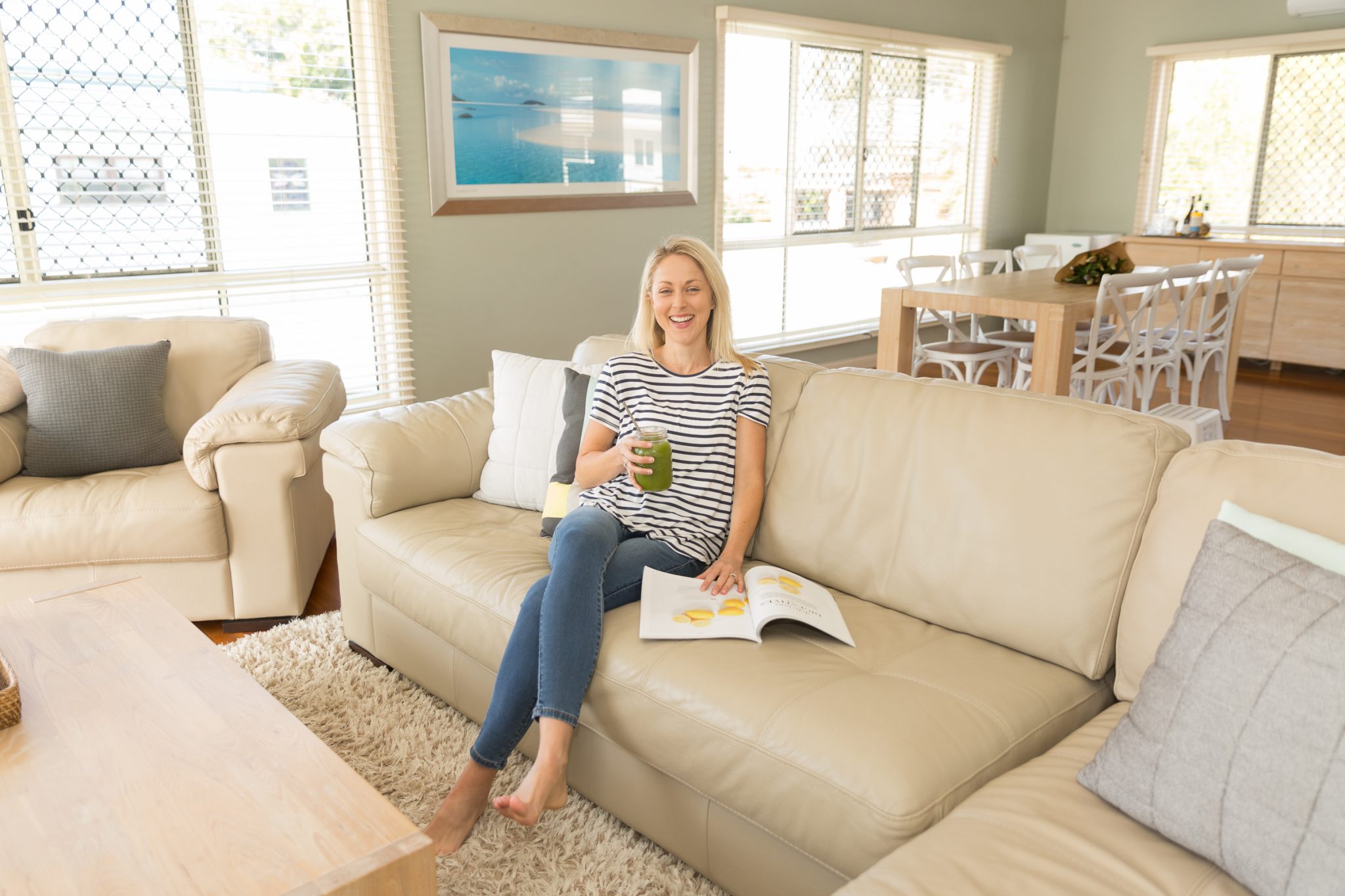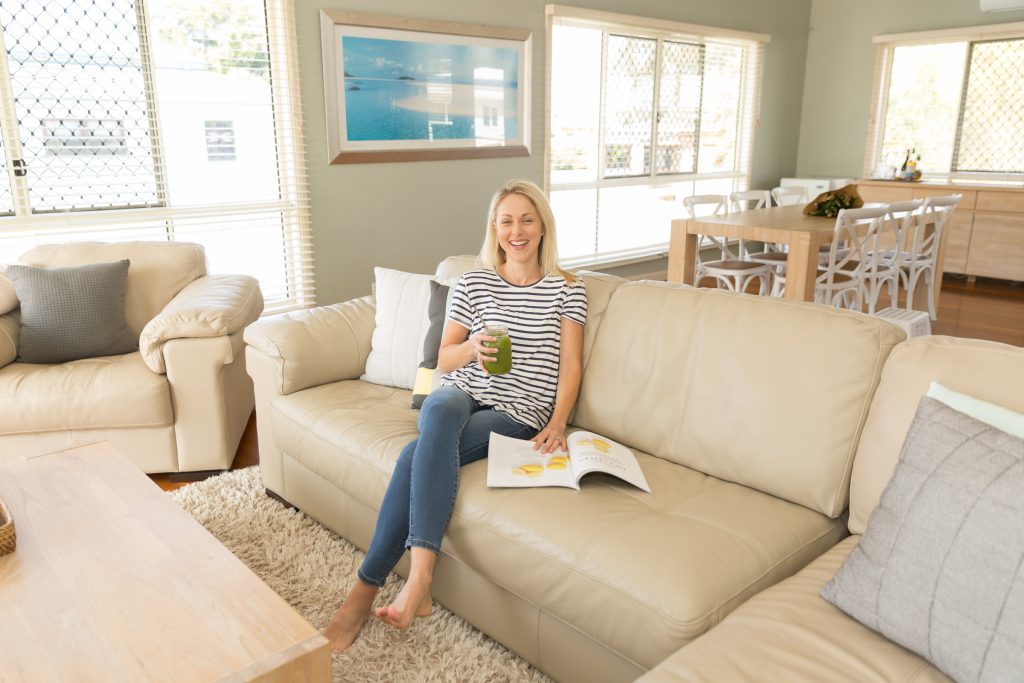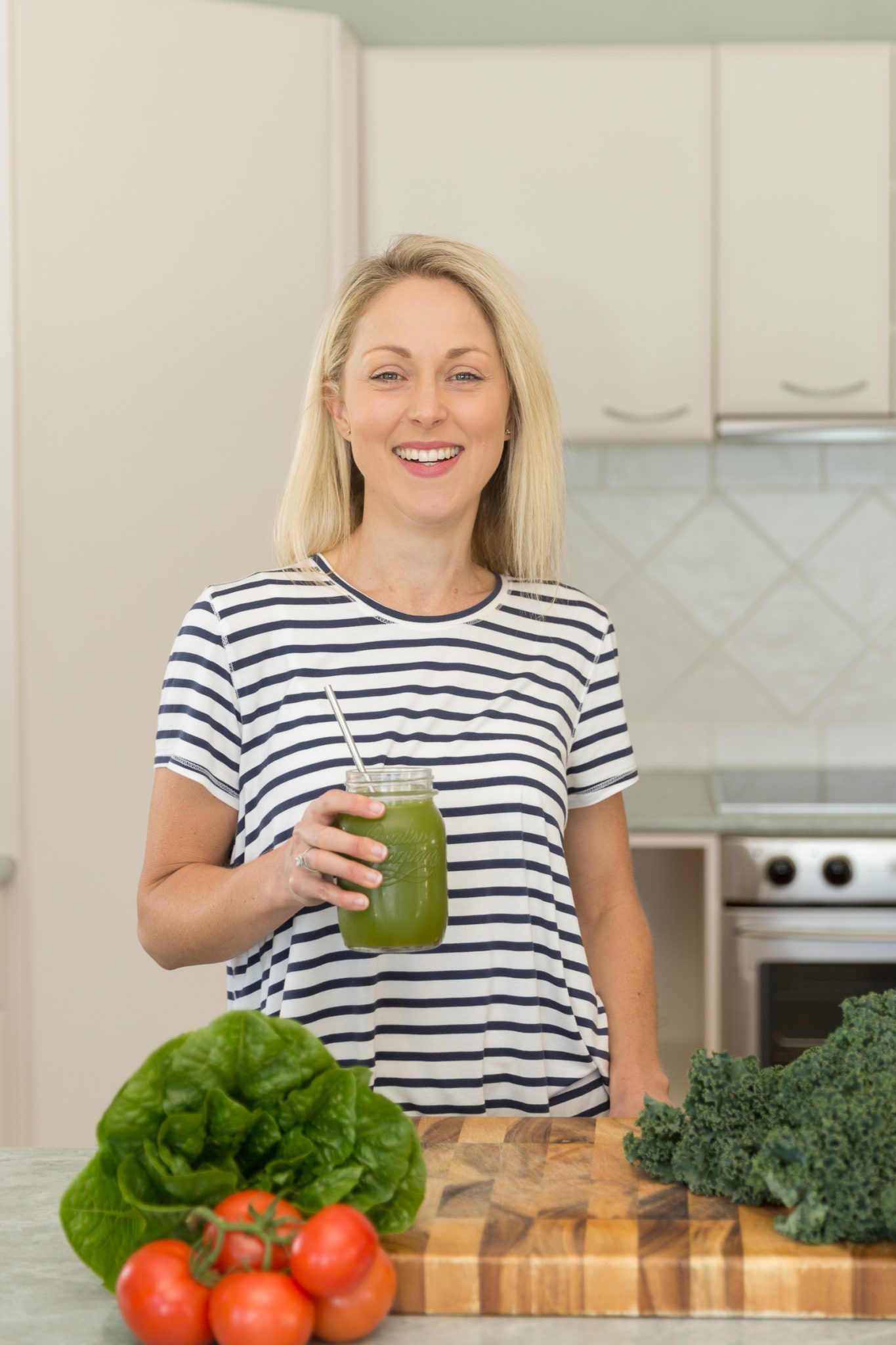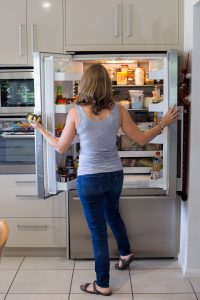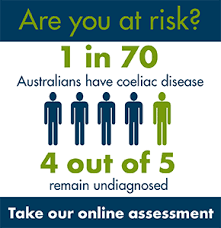Hi everyone,
- Firstly, Nicole will only be seeing her clients via Skype, Zoom or phone effective from now until the foreseeable future. If you are a client of Nicole’s, but you’d prefer to see someone face to face, I can take over your care for now. Otherwise, Nicole can still care for you just as effectively by any of these methods and you won’t even have to leave the comfort of your lounge room.
- I will continue to provide consults in clinic OR by Skype / Zoom/phone depending on your preference. There is mass communication already circulating in relation to best practice when it comes to face to face interactions; I won’t add to this as I trust that we have had this drilled into us from all angles.
- Roughly 40% of our current client base is from other states including Victoria, NSW, WA and even NZ. So please rest assured; we are well set up and experienced at providing our consulting services via Skype / Zoom or phone and assure you that the effectiveness of treatment will not be compromised.
- Should you wish to move your upcoming appointment to Skype / Zoom or phone, you can either phone ((07) 3063 2710) or email us (hit reply) now OR inform Michelle when she contacts you for confirmation. Confirmations will be done 4 days in advance from this point forward to allow for scheduling changes etc.
- We are able to post orders for supplements via express postal services should you prefer an online appointment or simply need to restock and don’t want to call into the clinic.
- On a final note, if you are experiencing financial hardship due to a sudden change in employment or similar, BUT you really require our services please reach out so we can see what we can offer you during these times.
- Local fruit and vegetable stores and even IGAs seem to be really well stocked with beautiful fresh produce as do local butchers. I can personally vouch for Lorenti’s fruit market, Greenslopes IGA, and England and Allsop Butcher Coorparoo. The supermarkets are being wiped clean so support these little guys; less crowded and better quality, fresh food. This is the food that will support you right now; not the pasta and confectionery being wiped out of the bigger stores.
- Please drink your 2L (minimum) of pure water daily. Please. Even though it is getting cooler, you still need it!
- Fresh air helps. Even if it’s just from your own backyard. I’ve upped the length of my dog walks to well over an hour a day to enjoy the sunshine, capture some vitamin D and keep moving generally. If gyms are forced to close you can continue with bodyweight strength exercises and even yoga/pilates via computer apps from home.
- You can generally support your immune system naturally with nutrients like vitamin C, zinc and even some herbal products. Please ask for individual advice at your next consult. We will be suggesting immune support to all our clients at the end of consultations from this point forward; as a professional duty of care. Note that some herbs are contraindicated in certain health conditions and immune support for pregnancy is particularly specialized so do ask. No, these products won’t cure Coronavirus – but they could reduce your susceptibility to catching things in the first place.
